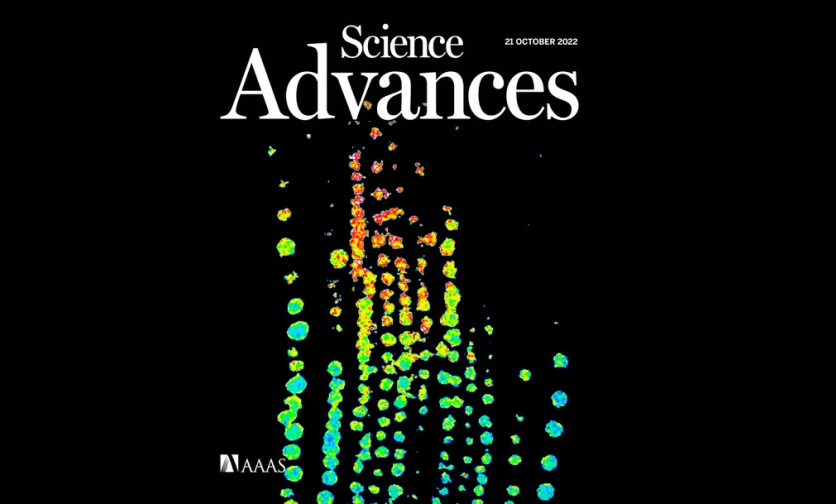Since the discovery of the first nitrate transporter in plants in 1993, understanding the mechanisms of nitrate uptake, transport and dynamics in plants has been a challenge. Using genetic engineering, a team led by Assistant Research Fellow Cheng-Hsun Ho from the Agricultural Biotechnology Research Center has developed the first fluorescence resonance energy transfer (FRET) biosensor capable of detecting nitrate in vivo, revealing for the first time the relationship between nitrate concentration and distribution in plants. The sensor can monitor the concentration and dynamic changes of nitrate in single cells and individual tissues of plants across time and environmental conditions. This research strategy may open up a whole new field of research for the study of nitrogen use efficiency in commercial crops and human health. The result was published in Science Advances in October (2022) and selected to be featured on the cover.
For further information: https://abrc.sinica.edu.tw/en/view.php?aid=6293&wid=2
Article link: https://www.science.org/doi/10.1126/sciadv.abq4915

